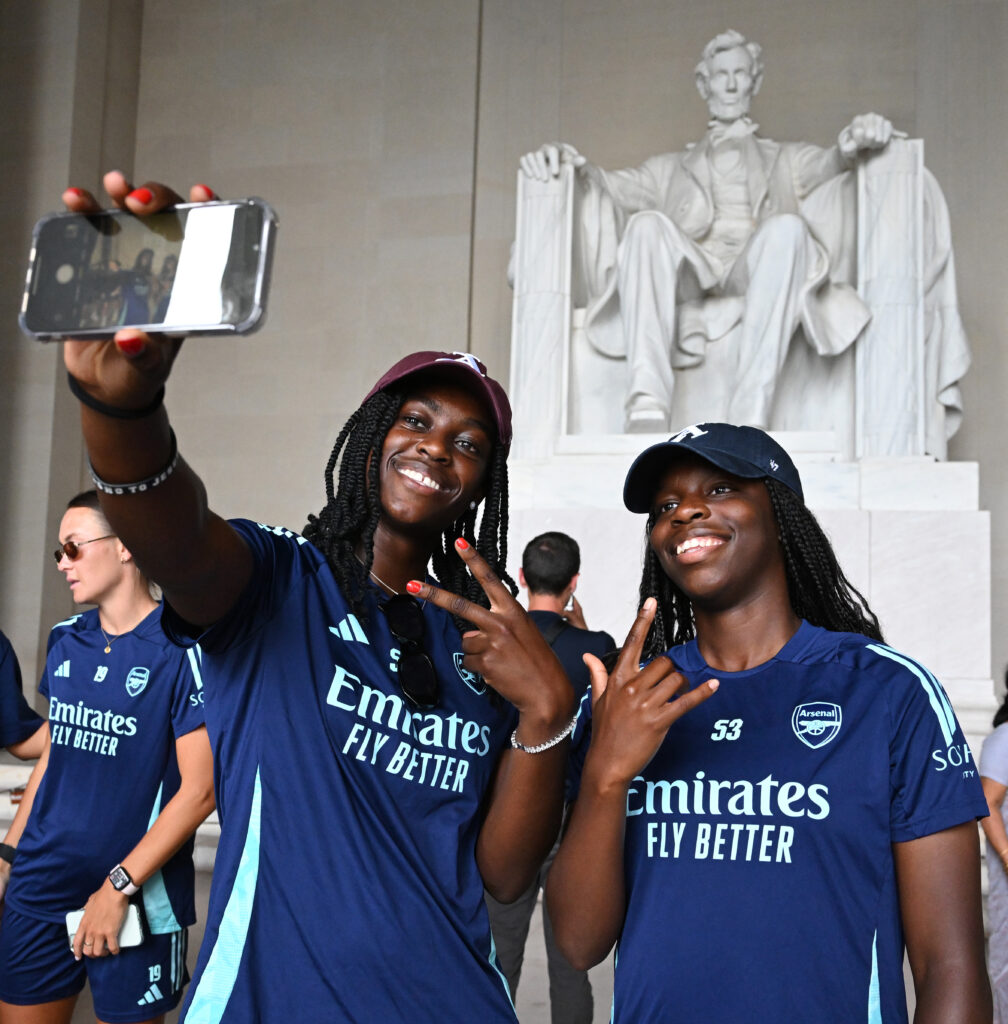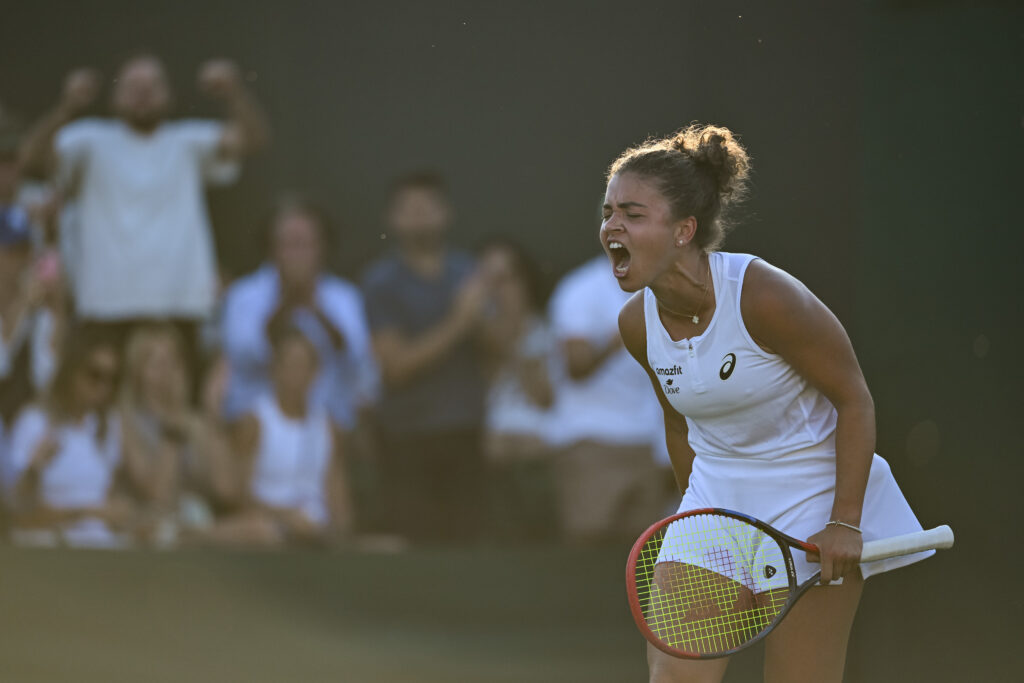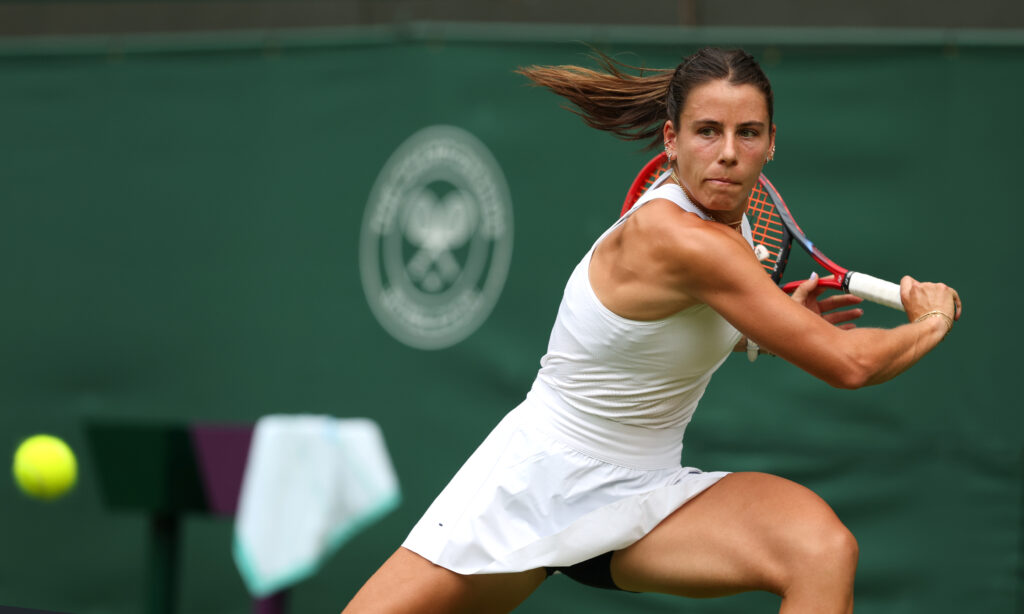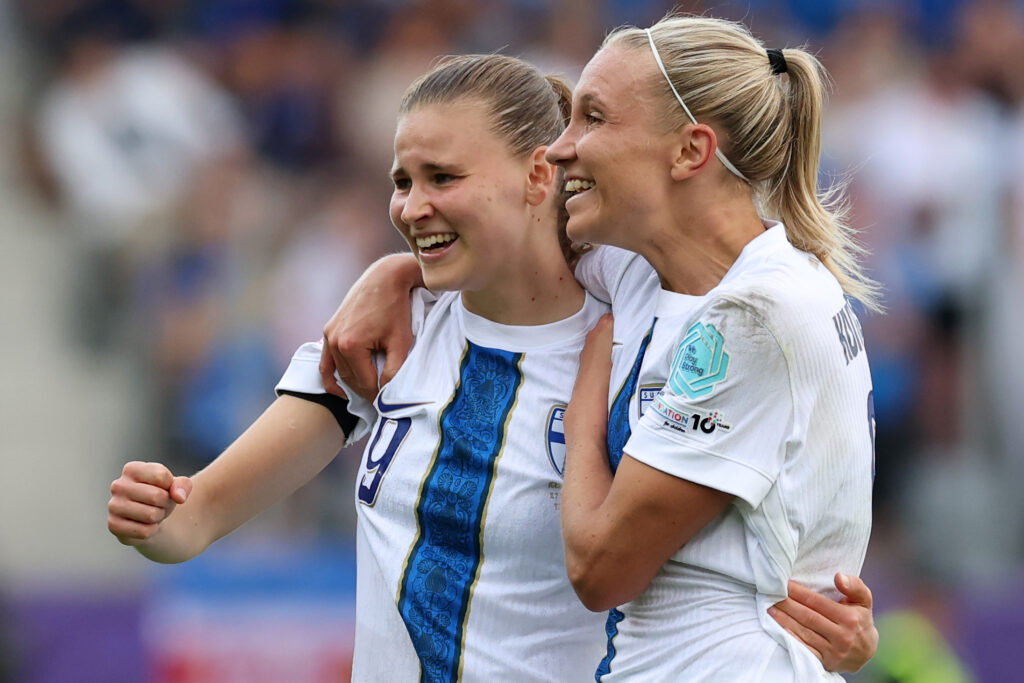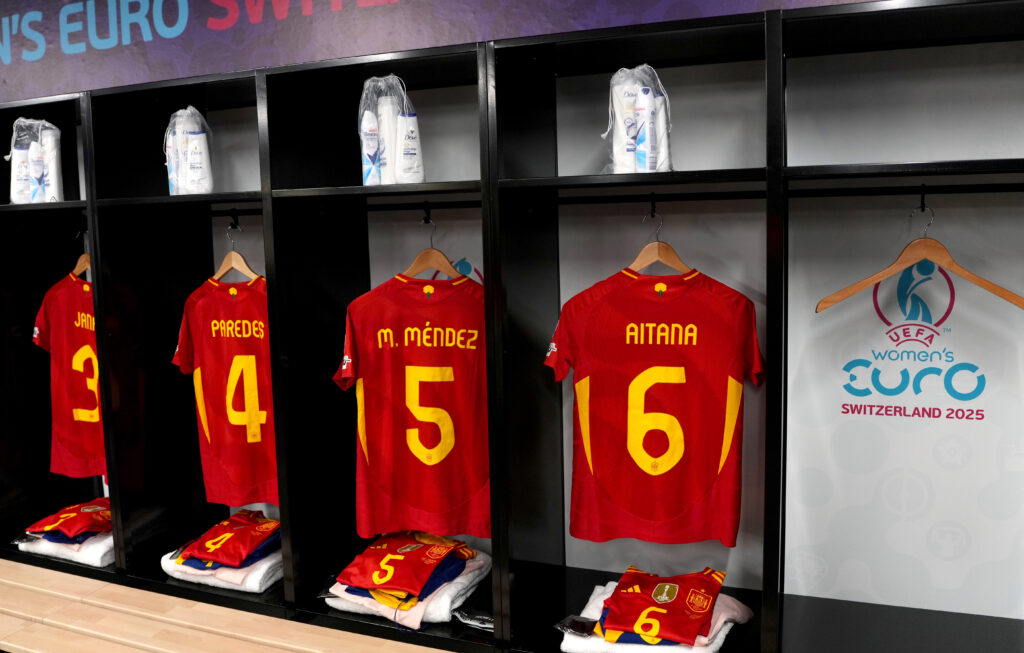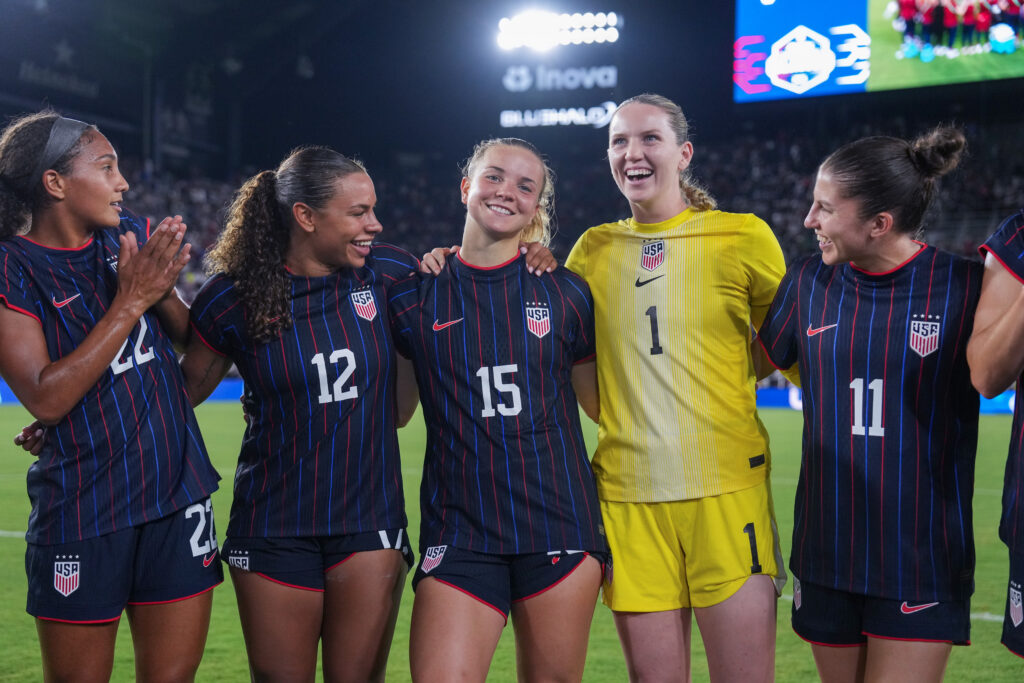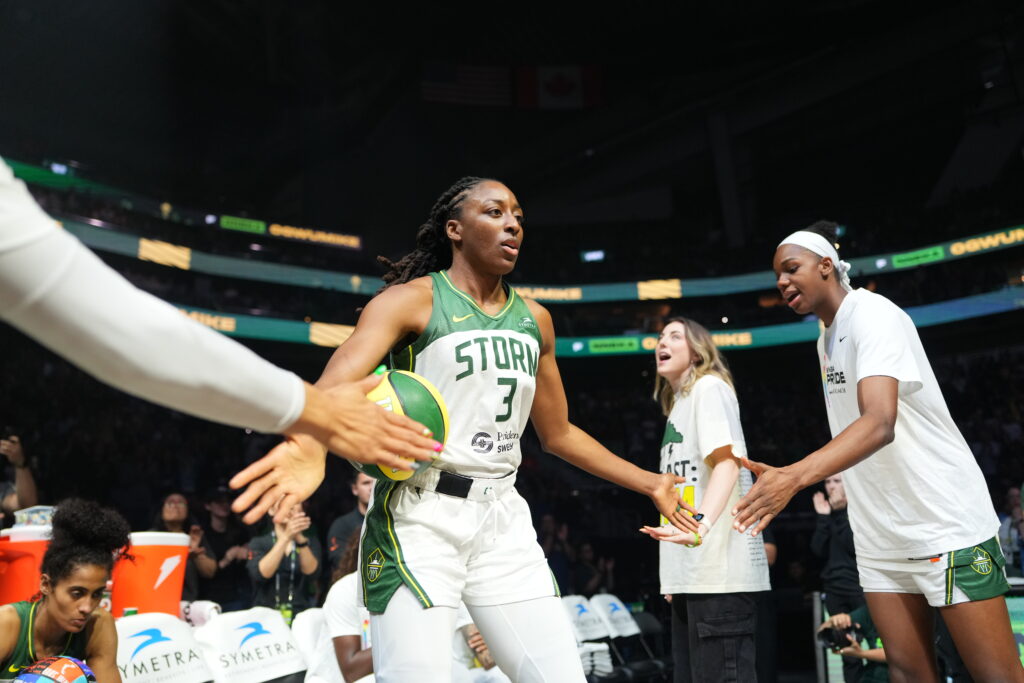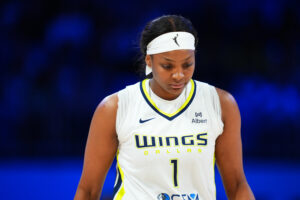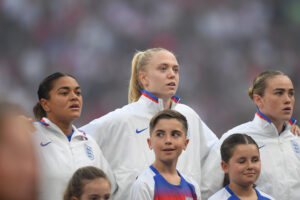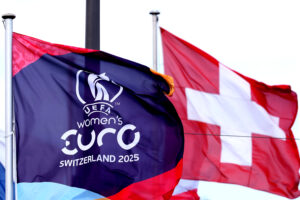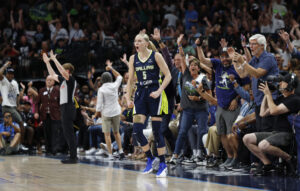In the UK, the path toward becoming a professional soccer player starts early.
Kids in the US usually start out with local or travel clubs before moving to a high school team and then maybe playing in college before going pro. And recently, a small but growing number of teenage players are opting to sign contracts with the NWSL before they’ve even finished school.
But across the pond in the UK, a promising footballer’s road to stardom can start as young as five years old. The academy system was established to guide aspiring young players as they work towards an adult contract, with professional clubs like Arsenal, Liverpool, West Ham, Chelsea, and others supplying their youth programs with full-time coaches, training facilities, and a match calendar. Then at 18, the senior club either offers the player a pro deal or releases them to pursue a spot on another team’s roster.
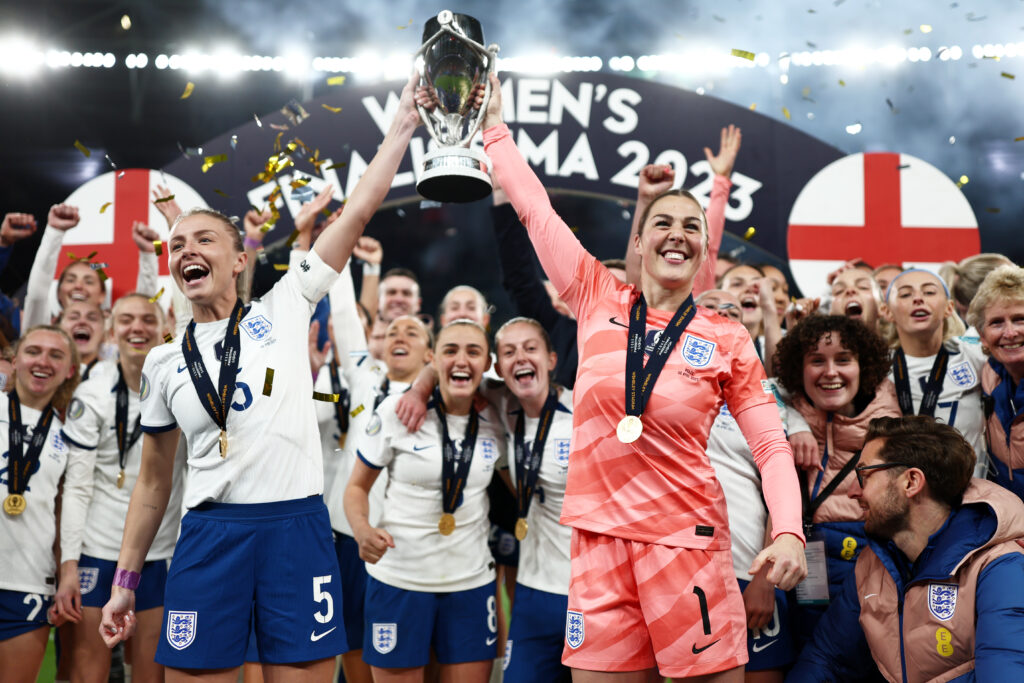
The goal has always been to nurture and sustain homegrown talent, with academies around the league producing WSL and England national team icons like Leah Williamson, Lauren James, Lotte Wubben-Moy, Lauren Hemp, Chloe Kelly, and Mary Earps. And now more than ever, it’s something big league teams are focused on given the women’s game’s meteoric post-Euros rise in the UK.
Of course, academy life isn’t just afterschool practice and weekend fixtures at the training grounds. When senior clubs travel for international friendlies, they’ll often invite a few academy players to tag along. It’s a way to give the young players some exposure, bonding time with the team, and minutes on the field, all while the coaching staff has the opportunity to evaluate their progress and see how they gel with the club.
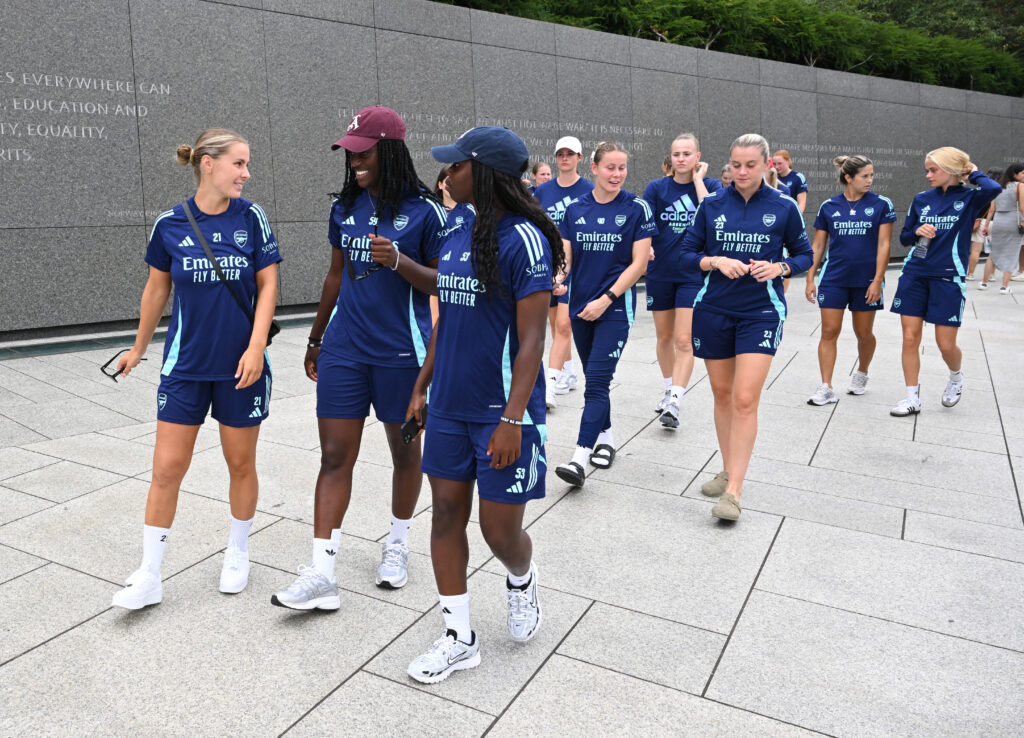
That was the case for Michelle Agyemang and Vivienne Lia, two up-and-coming academy products who joined Arsenal FC on their recent USA tour. 18-year-old Agyemang recently graduated from Arsenal’s academy, signing her first pro contract with the team this past May after debuting in November 2022 at the age of 16. 17-year-old Lia is still finishing school and academy training, having taken the field with the senior club for the first time in February 2024.
Last week, JWS spoke to the England U19 standouts in Washington, DC ahead of Arsenal’s friendly with crosstown rivals Chelsea to learn more about their journeys from childhood Gooners to academy superstars and beyond.
How's the trip going so far?
Michelle Agyemang: So far good. I think it's been good to go out and see the monuments and stuff, and obviously training. It's been nice to be around everyone as well.
Viv, this is your second team trip after Arsenal’s Australia exhibition in May. How are you finding it?
Vivienne Lia: It's great. Australia was more hectic with the fans, but over here it's been relaxed. But it's also been more dense — because it's pre-season, we've been working a lot more than we did in our postseason trip.
How old were each of you when you signed with Arsenal Academy?
MA: I was six.
VL: I was 14.
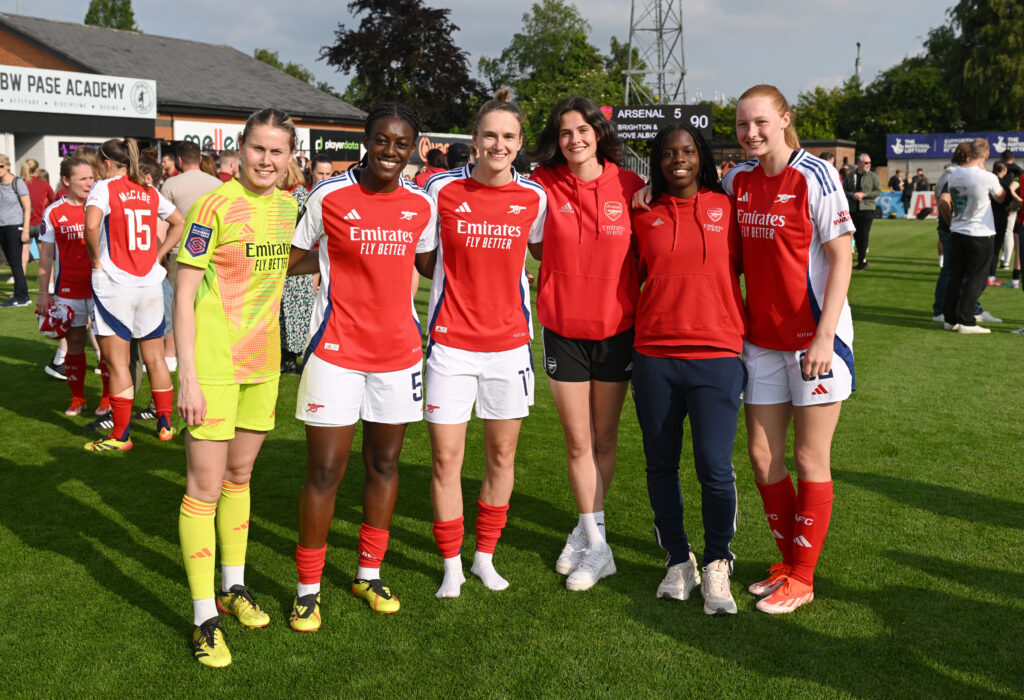
I know Arsenal has recently moved away from academy trials and now uses a talent identification team to recruit young players, but what was the process like when you joined?
MA: At the time, you just apply on a website, come in for a massive trial with about 30 girls, do a bit of training, and then if you're successful, you go to a second round with less girls. And that's it: Two sessions and then they send you an email or a letter. It's quite simple really.
VL: Mine was quite similar. There was a trial system: one and two trials. At the first one there were quite a lot of girls and then it cut it off a bit. From there, you get an email whether you got in or not. Now it's changed where they don't have open trials — you come in for training sessions instead.
Did your parents sign you up?
MA: I was playing for a local boys team and my dad was like, "Oh, might as well just sign her up." So he did, for a few different teams. And then we literally just rocked up to [a pitch] not too far from Colney for a little training session.
Do you remember that day?
MA: I do quite well. To be fair, we got lost on the way. We went to, I think it was a little farm instead of the training pitch. And then I remember my dad, he kind of pranked me a bit. He was like, "Oh yeah, sorry Michelle, you didn't get in." Then he actually brings out the letter. So it was really cute — a really good day.
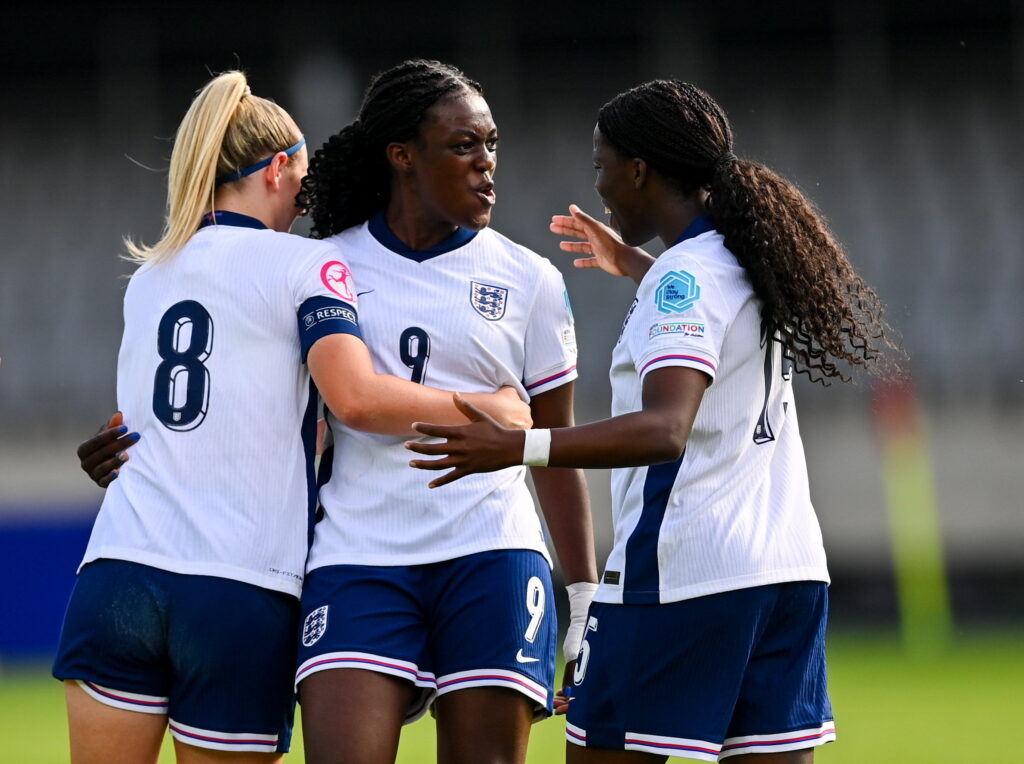
If you were raised in the US, do you think you would have tried to turn pro at a young age or opt for the college route?
VL: I think probably the school route, because you want to get a firm foundation of education first. Because your career is not guaranteed at whatever age — you can get an injury, God forbid, and of course that's part of the game.
MA: I'd say the same. It’s also the experience of college — so many of my friends have gone through college and it just looks like good fun, obviously alongside football. You miss that if you go straight to pro. Getting school alongside football is something we don't get in England, so I think that'd be a really good balance to have between the two.
When you're in the academy, how much time are you devoting to soccer?
MA: I'd spend as much time as I could on both. So as soon as I finished school, I'm straight into the car, changing in the car, eating in the car, doing homework in the car, on the way to training. And then on the way back, I slept. It was an endless cycle but that was the only thing I knew.
VL: When you're younger, it's still a mix of it being a hobby but still your passion. But then as you get older — when it becomes more jam-packed, more serious — you have to try and find a balance between both. In England the systems are split, so you still have to go to school, but you also have to go to training. For me now, I go into school two, three times a week and training as well, so it’s about finding a good balance.
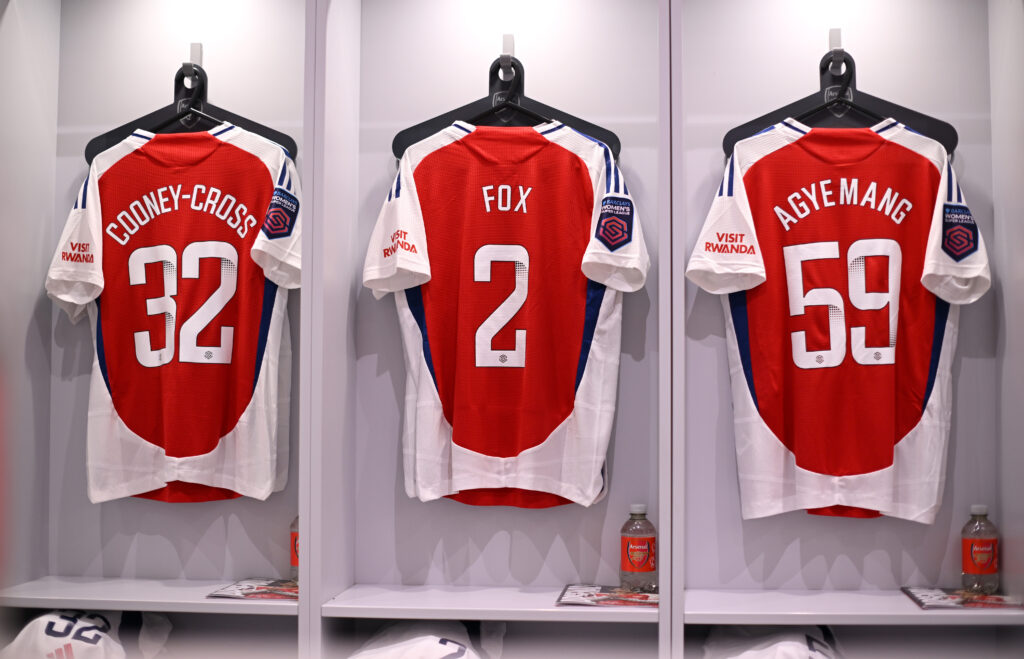
So you’re both lifelong Gooners — was Arsenal always the dream?
VL: Yeah, 100%. That was the dream for me. Of course, I grew up in North London — everyone's either Arsenal, Tottenham, Chelsea, or you got the odd northern team they support. Everyone wants to play for their local club, their childhood club. It was always a dream of mine to play for Arsenal and to make history at this club.
When you were younger, did you see women’s football as a viable career path?
MA: Absolutely not, no. My mum was saying to me the other day that she just thought I'd just go to Arsenal to do a few training sessions and then come back home. But the development of the game has been so fast in recent years. So I never really saw it as a career until maybe under-10s, -12s when it actually started to get much bigger as a game. At the beginning, I don’t think I had a real plan for football. But things change, and here we are.
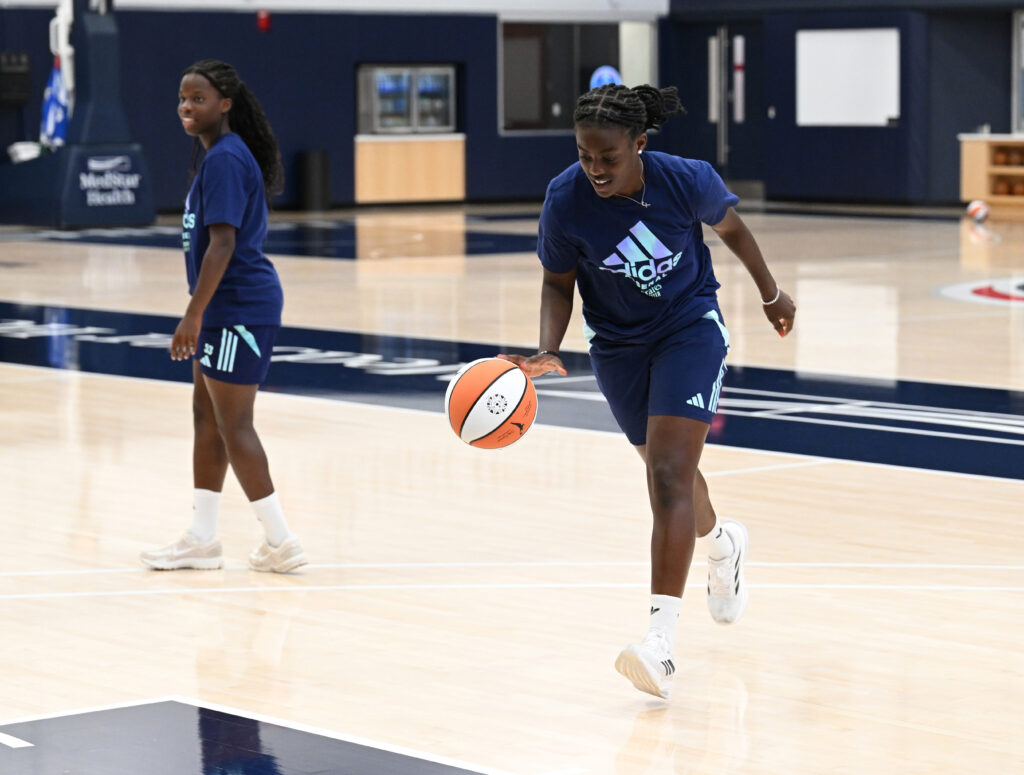
Was the experience the same for you, Viv, seeing as you joined the academy a bit later?
VL: Different actually. I always wanted to be a footballer — or at least an athlete. It was either tennis, track, or football for me. But I always had more of a love for football, so I was like, "Okay, if I don't become a footballer, I'll be a tennis player instead." Like, "I'll be in sport."
Football was always what I wanted to do, but I wasn't completely sure it was possible. But as a kid you're like, "Oh yeah, it'll be possible. I can do anything." So I didn't really think of that side of it until I got older I was like, "Oh, this is actually something that I can do as a profession."
How has your game changed as you've gotten more time at the senior level?
MA: At Arsenal, the passing, the movement — everything is so crisp. It's a shock at first but you adapt. For my game, I’ve added more technical bits: passing, moving, working together as a team. As a kid, you want to go run and score 10 goals, but you obviously can't do that here. So working with teammates, moving the ball, moving myself to help other players — that's a big part of my game that I've improved here.
VL: The details are so important at this top level. At youth level, you can get away with not pressing as hard or not recovering as quick, but [in senior club games] you'll get punished for that. It makes sure that you're always working to the best of your ability, but also it switches you on mentally. You have to keep attuned to how quick the game is or spot different triggers — that's the main difference between senior football and youth football.
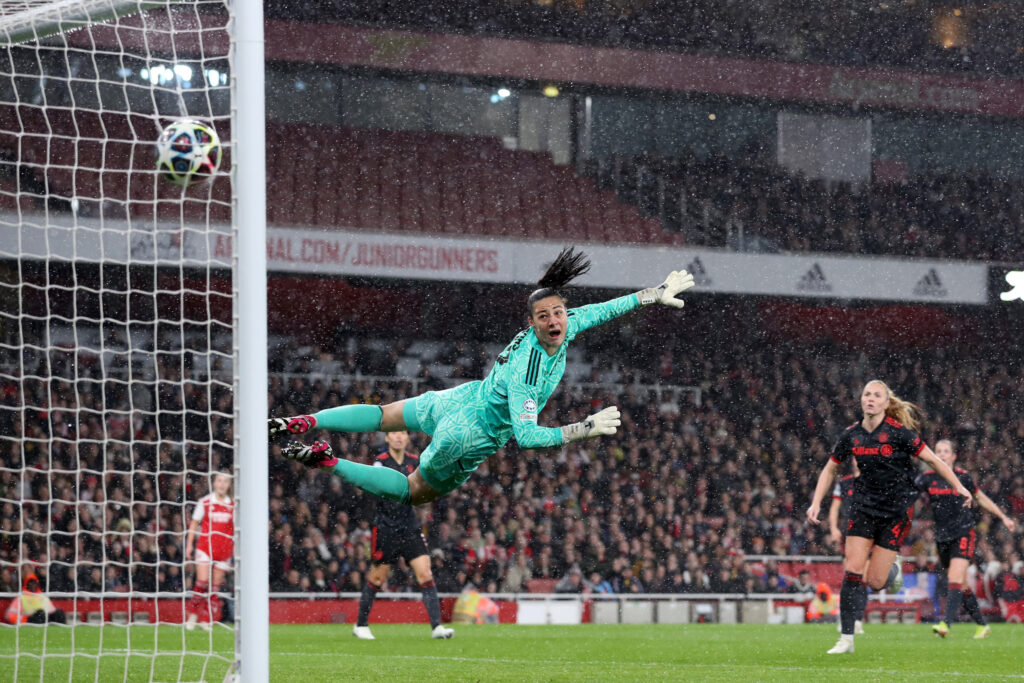
What is your favorite Arsenal memory?
VL: It was the season before last season, the Champions League game against Bayern Munich at home when Frida Maanum scored top bins. I was ball-girling for that and I had the perfect view of it. I was like, "This is the best goal I've ever witnessed in my life." Being an Arsenal fan, [knowing] the context of that game, I was like, "Wow, this is incredible."
MA: That's a good one. I’ll go for two seasons ago when we played Wolfsburg at home in the [Champions League] semi-final. I think it was two-two going into the second leg and then for me, coming on very late in the game — a Champions League debut — that was a massive moment. Just the atmosphere, 62,000 fans, everything.
After playing the Washington Spirit earlier this week, how do you find the NWSL compares to the WSL? Is there a different flow to the game? A different approach?
MA: We always associate America with athleticism, so the transition element was so fast at every point in the game, from the first minute to the last. And the atmosphere was very interesting as well. You got the fans hyping up a corner kick — like, "Get up and cheer. It's a corner kick!" I've never seen that in my life, never ever seen that, but it’s nice as well. I liked it.
VL: Yeah, the game was very fast-paced. But it was really on runs, their wide players just bombing it forward. The physical level of the game is top. As you said, the rest of the world associates America with athleticism — powerful, fast, physical. That was something that I thought of straight away, like it's less technical but still at a high level.
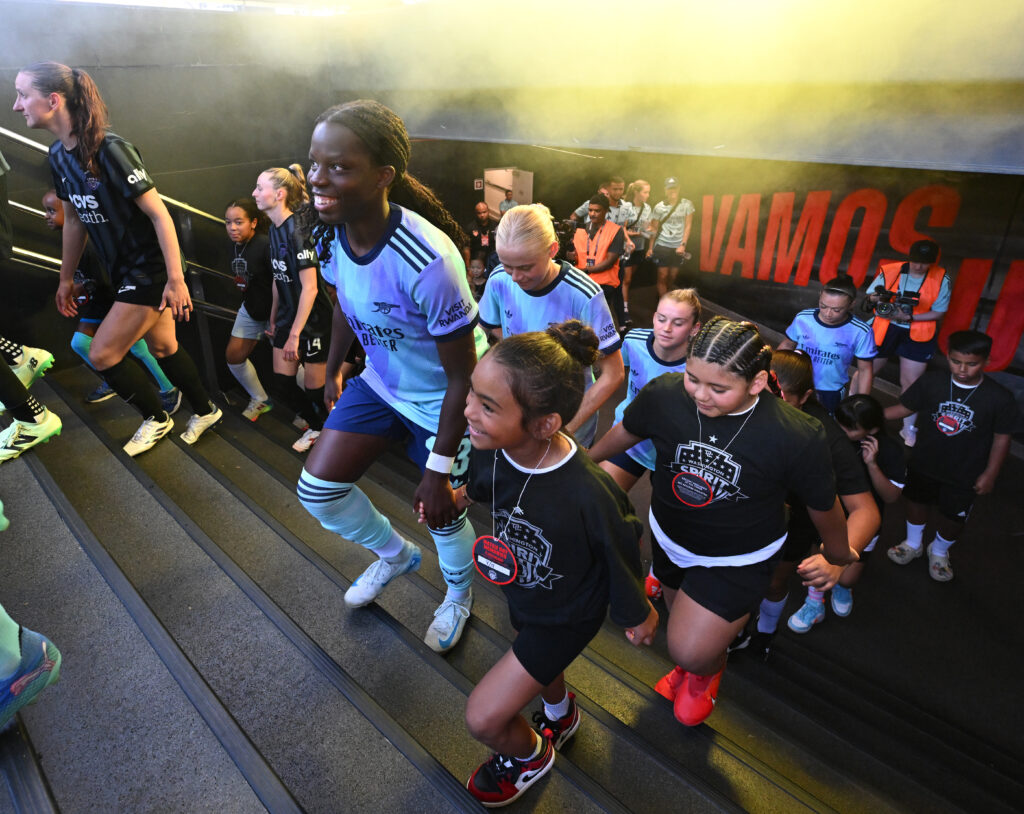
Where do you guys see yourself in five years?
MA: Right here.
Right in this room?
MA: Yeah. (laughs)
VL: In DC?
MA: Yeah, in DC. It would be awesome coming back. Imagine.
VL: I'll say the same: At Arsenal, establishing myself in the senior game and really showing what I'm about. And that's it — that's a good one.
